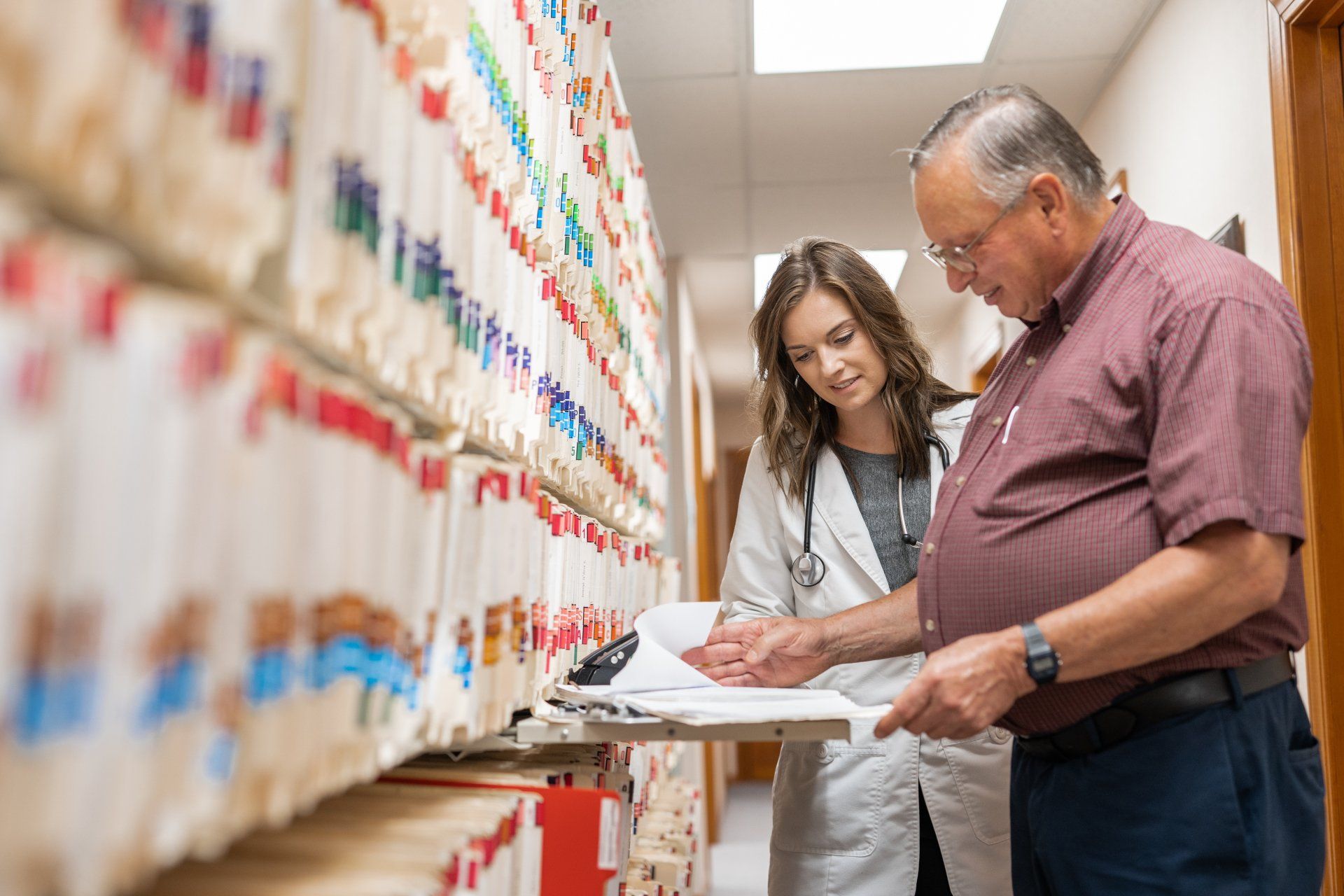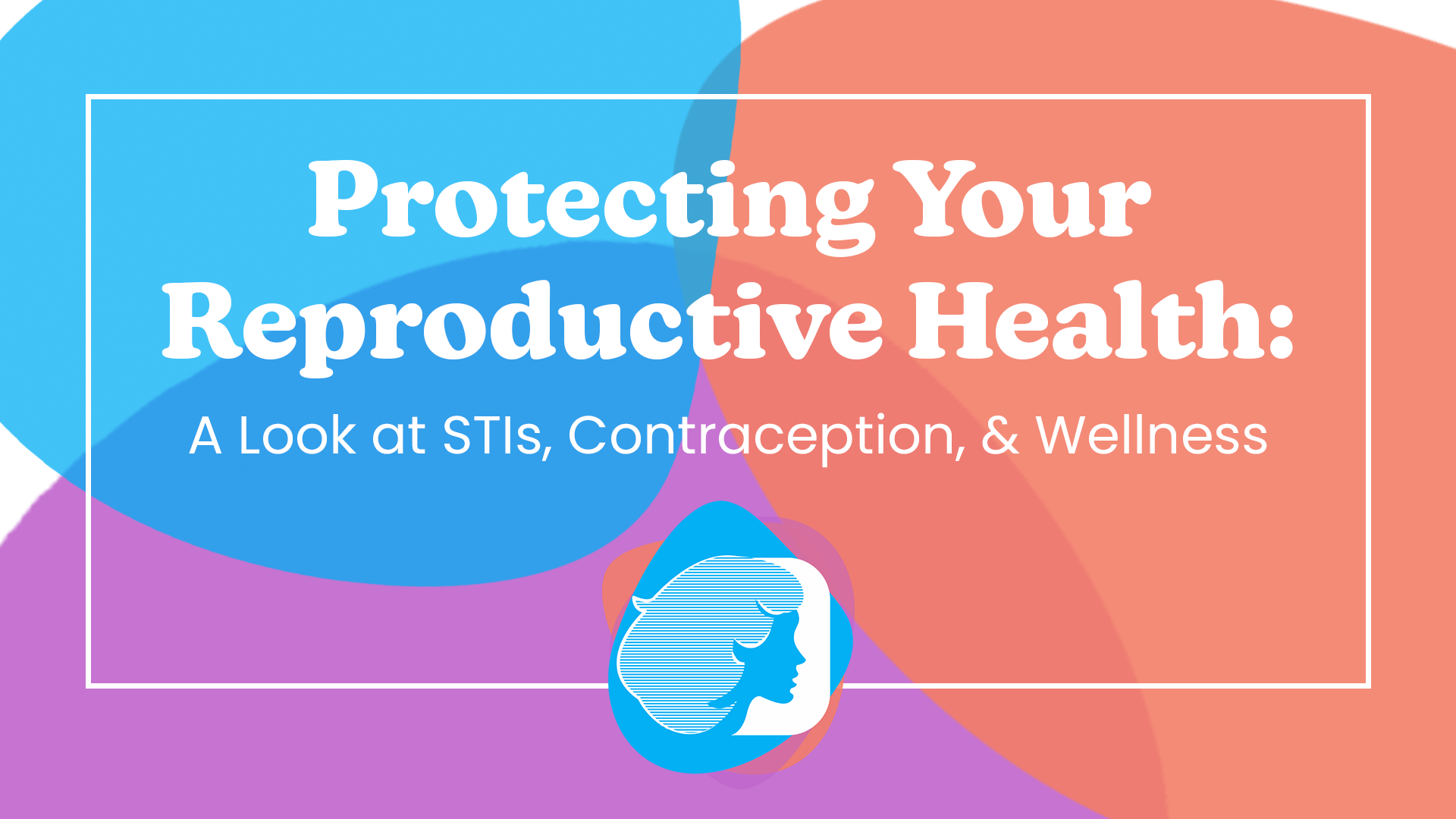Unraveling the Code:
Genetic Testing for Cancer Detection
at Herrmann Practice

Genetic testing plays a crucial role in unraveling the secrets hidden within our genetic code, shedding light on predispositions to certain types of cancer. Through comprehensive analysis, these tests can identify specific gene mutations that increase the likelihood of developing colon, breast, or ovarian cancer. In this blog post, we will explore the significance of genetic testing, its implications for early detection, and how you can benefit from our advanced testing options.
Unlock the Secrets of Cancer Risk
While many cases of cancer occur sporadically, without any known hereditary link, a significant portion is caused by genetic factors passed down through generations. By identifying these gene mutations, healthcare professionals can assess your risk level and develop tailored strategies for prevention, early detection, and treatment.
It's important to note that genetic testing is not meant to be a definitive diagnosis of cancer. Rather, it serves as a valuable tool for assessing your risk and guiding your healthcare decisions. If your test results indicate an increased risk, further steps can be taken, such as increased screening, preventive measures, or discussions about potential treatment options.
Is Genetic Testing Right for You?
Determining whether genetic testing is appropriate for you involves assessing certain criteria and understanding the potential benefits. If you have a first-degree relative (such as a parent, sibling, or child) who was diagnosed with colon, breast, or ovarian cancer before the age of 50, or at any age for ovarian cancer, you may be eligible for genetic testing. These tests focus on identifying gene mutations that can increase your susceptibility to cancer development.
Genetic testing not only provides valuable information about your own cancer risk but also has implications for your family members. If a gene mutation is identified, it means that other family members may also be at risk. Therefore, genetic testing results can empower your entire family to make informed decisions regarding their healthcare.
Learn more about the services our office offers for your overall reproductive health.
How Gene Mutations Influence Cancer Risk
Gene mutations are changes or alterations in the DNA sequence that can disrupt the normal functioning of genes responsible for cell growth, division, and repair. Some mutations can increase the likelihood of developing cancer by interfering with the body's ability to control cell growth and prevent the formation of tumors.
Genetic testing analyzes specific genes associated with cancer predisposition, such as BRCA1 and BRCA2 for breast and ovarian cancer, and Lynch syndrome genes for colon cancer. By detecting mutations in these genes, healthcare professionals can assess your risk level and develop targeted strategies for prevention, early detection, and treatment.
It's important to note that not all gene mutations lead to cancer, and having a mutation does not guarantee the development of the disease. However, identifying certain mutations can significantly increase your risk, enabling you and your healthcare provider to take proactive steps to mitigate that risk.
The Power of Genetic Testing in Early Cancer Detection
The power of genetic testing lies in its ability to arm individuals with knowledge and empower them to take proactive steps towards early cancer detection. By identifying gene mutations associated with an increased risk of cancer, genetic testing becomes a vital tool in the fight against this devastating disease.
Genetic testing allows you to be proactive rather than reactive when it comes to your health. Armed with the knowledge of your genetic risk factors, you can work closely with your healthcare provider to establish a personalized screening regimen. Studies have shown that individuals with certain gene mutations have up to a 70% higher risk of developing breast cancer and up to a 50% higher risk of developing colon cancer. This knowledge enables you and your healthcare provider to implement more frequent screenings or specific tests designed to detect cancer at its earliest stages when treatment options are often more effective.
For instance, if you discover that you have an increased risk of developing breast cancer due to a specific gene mutation, research has demonstrated that increased surveillance through regular mammograms and MRIs can improve early detection rates by up to 40%. Additionally, discussions about preventive surgeries, such as prophylactic mastectomy or oophorectomy, have been shown to reduce the risk of developing cancer by up to 90%. Lifestyle modifications, such as adopting a healthier diet and exercise routine, can also play a significant role in minimizing your cancer risk.
Advanced Testing at Your Fingertips
You can choose from a range of genetic testing options to suit your needs. Our skilled team can guide you through the testing process, ensuring accurate results and comprehensive analysis.
- In-House Genetic Testing - Our team will conduct a cheek swab or collect a saliva sample in a controlled and reliable environment for highly accurate results and prompt analysis.
- Direct to Consumer Testing- Collect your sample in the comfort of your own home. Simply provide a saliva sample or a cheek swab, and our laboratory will analyze the genetic material to assess your cancer risk.
- Blood Testing - In certain cases, genetic testing may require a blood sample for analysis. Blood testing is a reliable method that provides comprehensive genetic information and can offer insights into your cancer risk profile.
Take Action Today!
Your health is our priority, and we invite you to take advantage of our genetic testing services at Dr. Herrmann's practice. Early detection can be a lifesaver, and by understanding your genetic makeup, you can take proactive steps towards a healthier future.
Schedule an appointment at the Herrmann Practice today to discuss your eligibility for genetic testing and embark on a journey of proactive healthcare.












